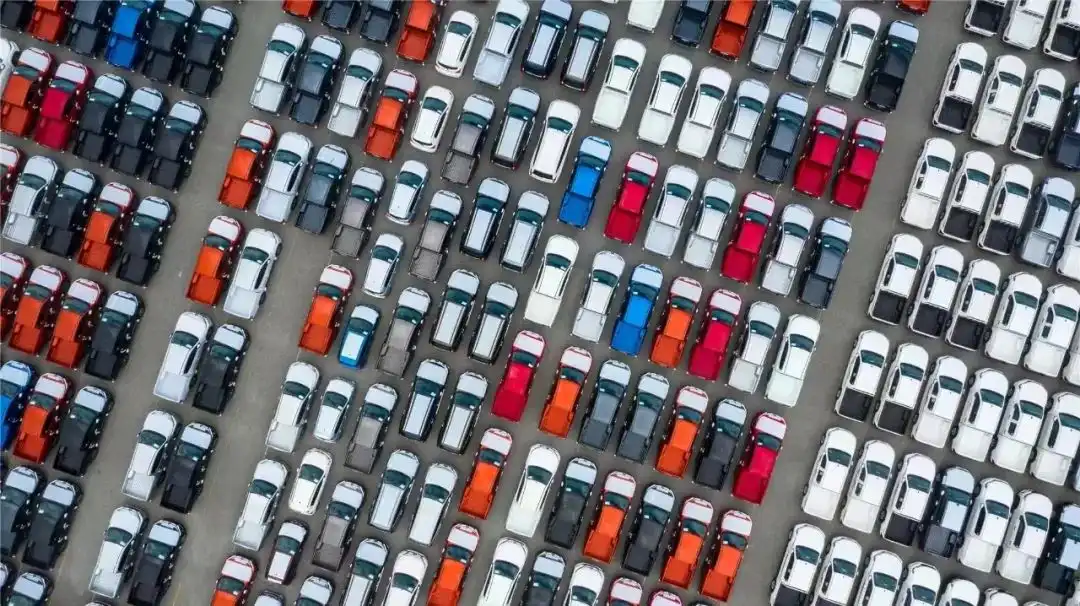China's new energy vehicles lead new momentum for global green transformation
In the eyes of industry insiders, bypassing China will only delay the development of their own new energy vehicle industry before the European and European countries have formed a complete and mature electric vehicle industry chain.

In response to the US and Europe's malicious suppression of Chinese electric vehicle companies, Chinese Minister of Commerce Wang Wentao said on April 7 that Chinese electric vehicle companies rely on continuous technological innovation, a sound production and supply chain system and sufficient market competition to develop rapidly, rather than relying on subsidies to achieve competitive advantages. The accusations of "overcapacity" by the US and Europe are groundless.
At present, China's electric vehicles frequently encounter "headwinds" when they go out to sea. At the end of February, the Biden administration announced that it would investigate the possible risks posed by smart cars and related parts from China.
In recent years, the rapid growth of China's electric vehicle exports has caused "anxiety disorders" in the United States and Europe. European and European countries have attempted to exclude Chinese electric vehicles through trade restriction policies. In the eyes of industry insiders, bypassing China will only delay the development of their own new energy vehicle industry before the European and European countries have formed a complete and mature electric vehicle industry chain.
Relying on restrictive measures such as imposing tariffs,
Does not help solve the problems faced by your own competitiveness
The "overcapacity" problem of electric vehicles in China referred to by the United States and Europe is inconsistent with the facts. According to a recent report by Bloomberg, in the field of electric vehicles, the capacity utilization rates of most of China's top auto exporters are at internationally recognized normal levels. The problem facing the United States and Europe is that companies are not as efficient as Chinese companies, rather than China's "overcapacity." The report pointed out that China is the world's largest market for electric and hybrid vehicles, and its export volume accounts for a much lower proportion of total production than major automobile producing countries such as Germany, Japan, and South Korea. If there is "overcapacity" in China, it could cause a large number of parking lots to be crowded with unsold new cars. However, Bloomberg's comprehensive analysis of public information from listed companies and industry association data believes that the inventory of Chinese auto dealers is not high and it is impossible to draw the conclusion of "overcapacity."
Not long ago, the United States and Europe adopted a series of targeted measures against China's electric vehicles:The European Commission has issued regulations requiring customs to register imported electric vehicles from China, and may impose "retroactive tariffs" on relevant vehicles in the future; the United Kingdom and the United States are preparing to conduct countervailing investigations or national security risk investigations on Chinese electric vehicles.
